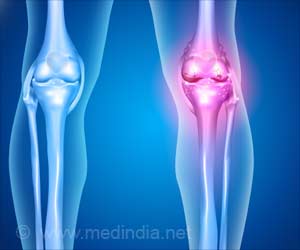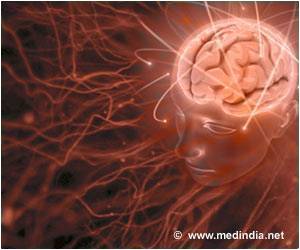In a new study published in the journal Proceedings of the National Academy of Sciences, researchers at Baylor College of Medicine identifies a protein signaling mechanism driving this tendon dysfunction and also inhibits this signaling pathway to the prevent onset of tendinopathy problems in mouse models.
Researchers on observing mouse models of OI with deleted Fkpb10 gene in tendons and ligaments they developed symptoms of chronic tendinopathy like contracture (condition in which the tendons harden, leading to joint rigidity and limited motion) and also inflammation in the joints coinciding with the increased expression of a gene that impacts cell differentiation. .
“We discovered an important signaling protein called Hedgehog, which is key in controlling the formation on cartilage, had been activated in the joints,” said Dr. Brendan Lee, corresponding author of the study and Robert and Janice McNair Endowed Chair in Molecular and Human Genetics and professor and chair of the Department of Molecular and Human Genetics at Baylor.
They believe this new model of understanding tendinopathy in OI patients can provide path to new treatments and will also work in the future to determine if targeting inflammatory pathways as well as Hedgehog signaling can further prevent tendinopathy.
Source: Medindia



